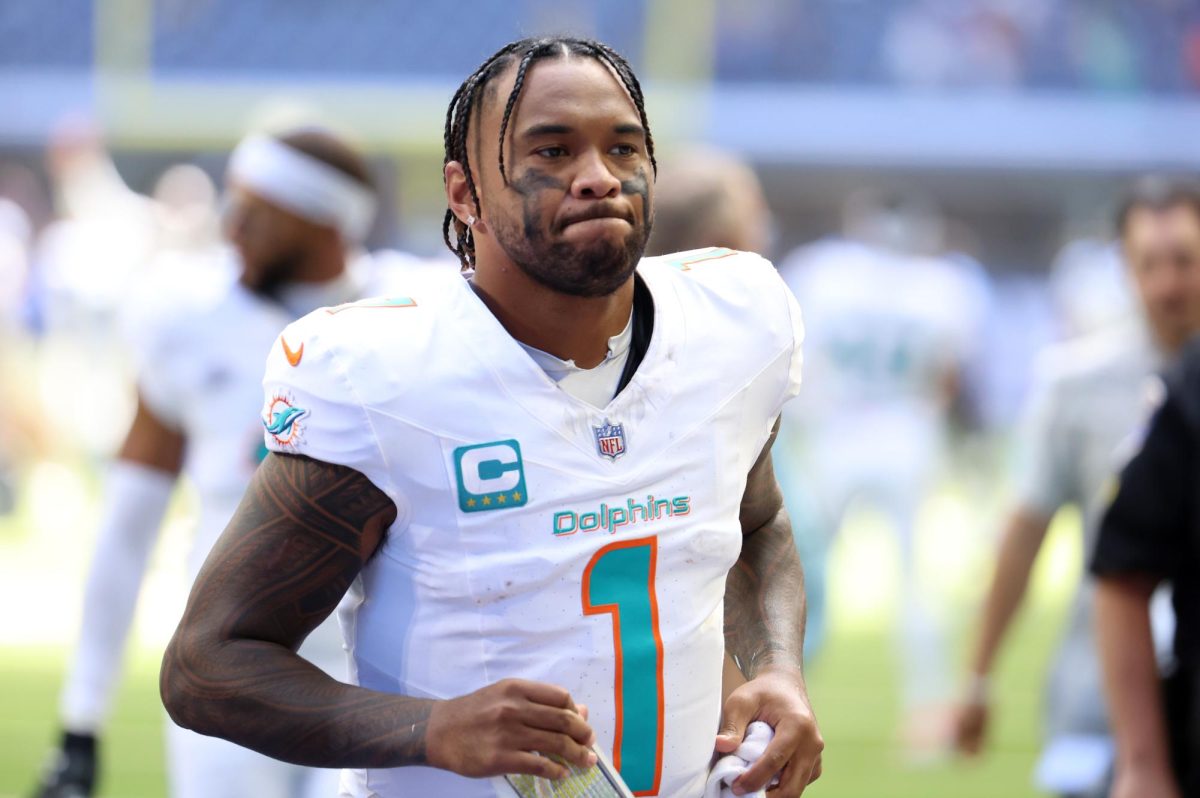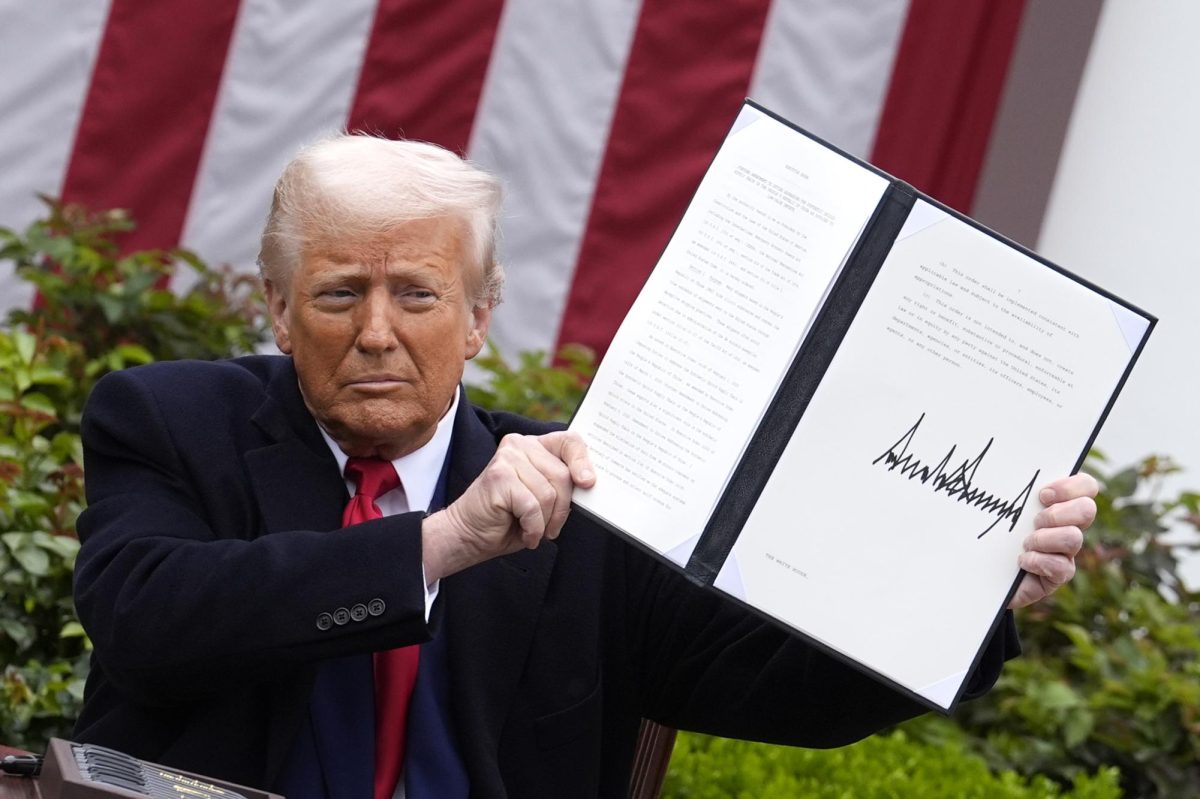In a surprising and controversial move, former President Barack Obama urged Black men to support Kamala Harris. ObamaŌĆÖs comment carries weight within the Black community, as he was the first Black President of the United States. His recent statement creates profound questions about the relationship between Black voters and especially Black men within the Democratic Party.┬Ā
Obama’s message to Black men took place during a recent pit stop in Pittsburg, in an effort to encourage Black male voters, many of whom are skeptical of HarrisŌĆÖs place on the ticket.┬Ā┬Ā
In his speech, Obama stated to ŌĆ£get overŌĆØ whatever hesitation might be part of what Harris, the first Black and South Asian woman to serve as Vice President, is doing and trying to secure broad support from within her community.┬Ā
Among Black men, reactions to Obama’s endorsement have been mixed. Some view his push as a much-needed call to action, while others say it has them questioning whether the Democratic Party has truly earned their support. It’s no secret that some Black men feel left out or taken for granted by the Democratic establishment. Harris’s record as a prosecutor and the perceived distance from addressing the specific ills facing Black men ŌĆō economic disenfranchisement, criminal justice reform, and systemic racism-is fuel to their hesitancy of voting for Harris.┬Ā
For many Black men, these are long-brewing concerns, and to some of them, neither Obama’s presidency nor the vice presidency of Harris has done much to uplift their communities. That, in turn, can lead to a general feeling of disappointment in how the Democratic Party has handled Black voters and the Black community as a whole in the United States. As much as “symbolic representation” means something to voters, they expect more from actual policies and reforms.
The Obama endorsement of Harris was a high-stakes appeal. But the question is, will it reach its intended target? Traditionally, the Democratic Party has won elections with strong Black turnout, and getting more support from the Black community, specifically Black men, could make all the difference in crucial swing states. But a growing number of activists such as Joseph Pinion III say the party hasn’t done enough to live up to promises on criminal justice reform and economic equity, among other issues important to Black communities.
What we need to do is put political endorsements into perspective and focus on real policy initiatives that address the needs and concerns of the Black community. It is time for candidates to move away from symbolic gestures and ensure that they deliver the actual policies that they want to bring to the political table.┬Ā
Candidates should articulate clearly the actionable policy ideas that deal with issues affecting the Black community, like economics, criminal justice reform, and healthcare disparities. To gain trust and diffuse so much of this stigma that is taking place among Black male voters, candidates and political leaders should take the time to listen to issues affecting both Black men and the wider Black community. Regular town halls and community forums should be held for voters to have their voices heard. This would help build a sense of ownership and engagement with the political process.
In an age where people feel taken for granted, candidates should have measurable goals for what they want to do and show transparency around the progress they are making. They should provide regular updates to communities concerning progress on initiatives involving criminal justice reform or economic opportunities. Representation of Black people at higher levels in the political party would ensure that the interests of these communities are prominent on the agendas and policy making.
Also, alliances with community-based organizations and grassroots activists on issues of the highest priority to Black communities make commitments to concrete reform more credible. It is through such partnerships that initiatives are most effective, and policies become real to needs within the community.
Essentially, the endorsements from people like Obama or whoever else, for that matter prove to be of use in garnering the support, but that is where it stops. Solid ground is made by actually doing the work that helps and uplifts the lives of Black people. Real trust is when one works consistently in correlation with the lived experiences of the Black communities, strives to be accountable, and works on an agenda to address issues pertinent to these communities. Otherwise, political campaigns may just alienate a critical vote.








